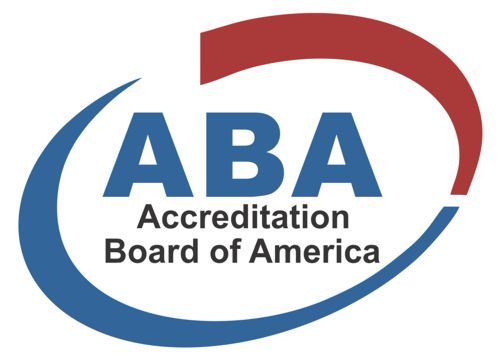In the world of testing and calibration laboratories, precision, accuracy, and reliability are paramount. Ensuring that every measurement and analysis is conducted with the highest level of expertise is not just a goal, but a requirement. This is where ISO 17025, the international standard for testing and calibration laboratories, plays a vital role. Among its numerous components, the emphasis on staff training and competence stands out as a cornerstone for achieving ISO 17025 compliance.
The Importance of Staff Competence
The success of a testing or calibration laboratory depends heavily on the competence of its staff. A knowledgeable and skilled workforce is essential to perform accurate measurements, maintain equipment, and ensure the quality of results. ISO 17025 recognizes this fact and underscores the need for laboratories to have a systematic approach to training and maintaining the competence of their personnel.
Benefits of Ensuring Staff Competence
1. Enhanced Accuracy and Reliability: Competent staff are more likely to produce accurate and reliable results. Properly trained employees understand the intricacies of their work, minimizing errors that could lead to inaccurate data.
2. Consistency in Operations: A well-trained team follows standardized procedures consistently, reducing variability in testing processes and results.
3. Adaptation to Technological Advances: Regular training keeps staff updated on the latest technologies and methodologies, allowing the laboratory to remain at the forefront of advancements in the field.
4. Effective Problem Solving: Competent staff can identify and address issues that may arise during testing or calibration, leading to efficient problem-solving and improved laboratory operations.
Key Aspects of Staff Training and Competence According to ISO 17025
1. Identifying Training Needs: Laboratories must identify the skills and knowledge required for each role within the organization. This helps in developing targeted training programs.
2. Training Plans: Develop comprehensive training plans that outline the topics, methods, and timelines for training activities. This ensures that all necessary skills are covered.
3. Documenting Training Records: Maintain detailed records of training activities, including who received training, what topics were covered, and when the training occurred. This documentation is crucial during audits.
4. Ongoing Competence Assessment: Regularly assess the competence of staff through evaluations, proficiency testing, and practical assessments. Identify areas for improvement and provide additional training as needed.
5. Continuous Improvement: Use feedback from proficiency testing, audits, and staff input to refine training programs and enhance the competence of the team over time.
Staff training and competence are not just requirements for ISO 17025 compliance; they are fundamental to the success and reputation of a laboratory. A committed focus on training ensures that your team is equipped with the skills and knowledge needed to consistently produce accurate and reliable results. By investing in your staff’s professional growth, you are not only aligning with ISO standards but also setting the stage for excellence in laboratory operations and customer satisfaction. Remember, in the world of precision, a well-trained team is the true measure of success.

